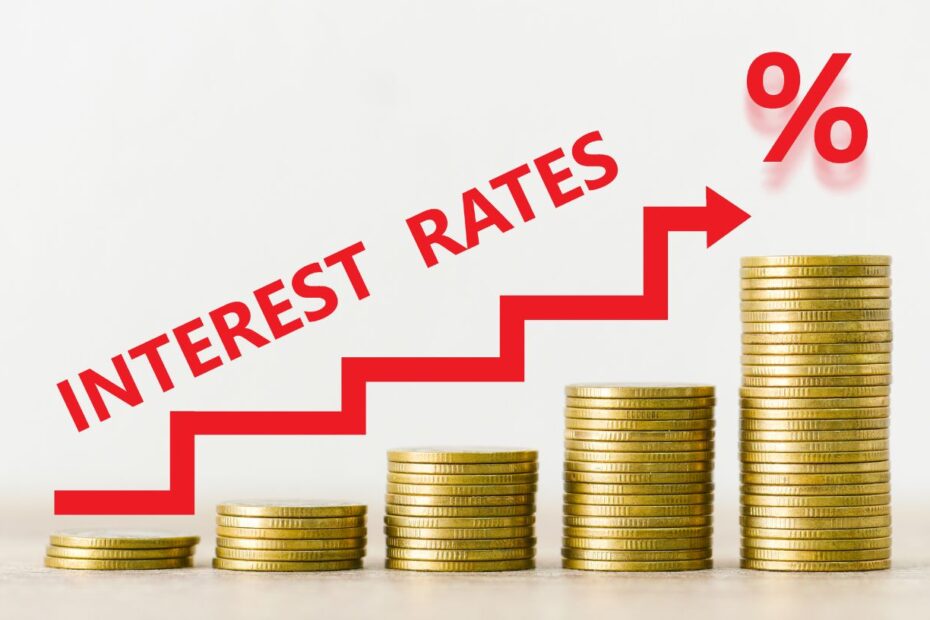Mortgage renewal is currently a prominent subject in the media, and rightly so. Many homeowners with upcoming renewals are expressing valid concerns about how increased rates might affect their monthly payments.
Understanding Payment Shock and How to Mitigate It
It’s critical to be aware of the potential impact of rate hikes on your mortgage payments. For instance, if your current 5-year fixed-rate mortgage is at 2.00%, and the renewal rate might be around 6.00%, this doesn’t necessarily mean a tripled payment. In reality, such an increase could see payments rising by approximately 40%. However, this can be mitigated, for example, by extending your amortization period from 20 to 30 years, potentially bringing the increase down to below 20%.Exploring Flexible Amortization Options
Extending the mortgage amortization period is a viable strategy. This approach may mean paying more interest over time but can significantly lower monthly payments. This offers short-term financial relief without compromising your long-term financial security.Budget Adjustments for Financial Stability
Proactively adjusting your budget in anticipation of higher rates is a sensible approach. Small modifications now can help you manage finances effectively when the mortgage rate increases. We aim to assist you in crafting a budget that aligns with your financial goals and simplifies the renewal process.Making Lump-Sum Payments
If feasible, using savings or investments for a lump-sum mortgage payment can also help lower monthly payments. Collaborating with a financial advisor is advisable to decide whether to keep funds invested or use them for mortgage prepayment.Considering Other Lender Options
For those with insured mortgages (down payment less than 20%), it’s worth exploring other lender options. Unlike uninsured mortgages, insured mortgages are not subject to re-qualification under the mortgage stress test when switching lenders, although standard lender qualifications still apply.The Role of a Mortgage Broker
Engaging with a mortgage broker can provide access to a variety of lenders. We can negotiate on your behalf to secure favorable terms. A crucial aspect of our service is the ability to hold a rate until the end of your term, protecting you against possible rate hikes and offering peace of mind. In summary, facing mortgage renewal during a period of rising rates requires informed decisions and careful planning. Strategies like adjusting your amortization period, reassessing your budget, considering lump-sum payments, and exploring different lender options are all viable ways to manage this transition effectively. Working with a mortgage broker can offer additional benefits, including access to a range of lending options and the potential to secure more favorable terms.| Key Point | Description |
|---|---|
| Understanding Payment Shock | Be aware of the potential impact of rate hikes on mortgage payments. For instance, an increase from 2.00% to 6.00% might not triple the payment but could result in a 40% increase. |
| Flexible Amortization Options | Extending the mortgage amortization period can significantly lower monthly payments, offering short-term relief without harming long-term financial security. |
| Budget Adjustments | Proactively adjusting your budget in anticipation of higher rates can help manage finances effectively when mortgage rates increase. |
| Making Lump-Sum Payments | Using savings or investments for a lump-sum mortgage payment can help lower monthly payments. Collaboration with a financial advisor is recommended. |
| Considering Other Lender Options | For insured mortgages, exploring other lender options can be beneficial as they are not subject to the same re-qualification criteria as uninsured mortgages. |
| The Role of a Mortgage Broker | Engaging with a mortgage broker can provide access to various lenders, negotiate favorable terms, and secure rates until the end of the term. |

